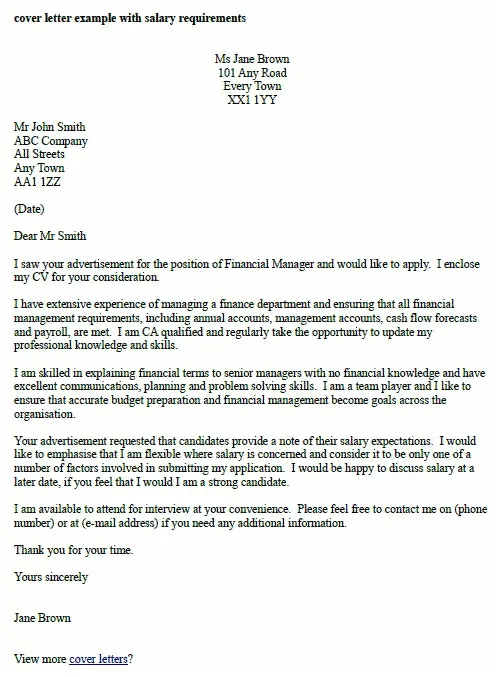Understanding the Purpose of a Salary Expectations Cover Letter
A salary expectations cover letter, or the section within a cover letter that addresses salary, serves a crucial dual purpose in the job application process. It allows you to proactively address the financial aspect of the role, demonstrating your understanding of the market and your own worth. It provides an opportunity to set the stage for negotiations later in the process. This demonstrates professionalism and a clear understanding of your financial needs and expectations. By including this information, you provide the potential employer with vital information upfront, saving time and streamlining the hiring process. This can be especially beneficial as it signals your serious interest and preparedness to discuss compensation. It also helps you align your expectations with the job’s compensation structure, potentially saving you from applying to positions that don’t meet your needs.
Why a Salary Expectation is Important
Including a salary expectation in your cover letter is important for several key reasons. It shows you’ve considered the role and understand the industry standards. It also gives the hiring manager an initial idea of your financial expectations. This information can quickly determine whether or not your expectations align with the budget for the position. This proactive approach can prevent you from wasting time on interviews for positions that do not meet your minimum salary requirements. It also positions you as a candidate who is prepared to discuss compensation openly and professionally. By providing this information, you demonstrate your understanding of the job market and your self-awareness. It also helps the employer to assess your expectations against their budget constraints, potentially accelerating the hiring process.
When to Include Salary Expectations
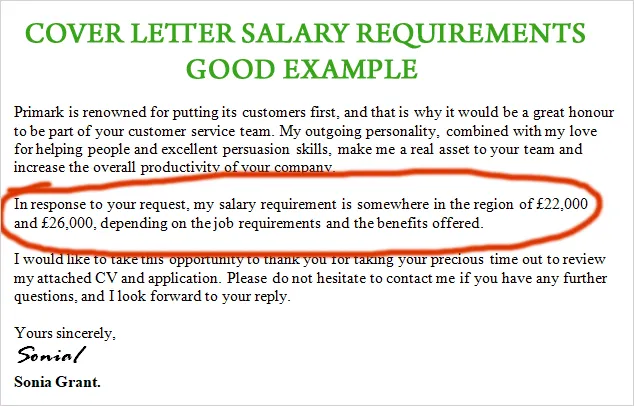
The timing of including salary expectations in your cover letter can vary. The most common practice is to include it when the job posting specifically requests it. In this instance, failing to include it can be seen as not following instructions and may lead to your application being overlooked. If the job posting doesn’t ask for it, consider including a general statement stating your salary expectation, or state your expectation to be discussed in the interview. This gives the employer the information they need without explicitly stating a number. A good rule of thumb is to always be prepared to discuss your salary expectations during the interview, even if you didn’t mention it in your cover letter. This will give you the opportunity to discuss and understand the benefits and the salary range offered.
How to Research Salary Ranges
Thorough research is crucial to determine a realistic salary range. This involves understanding the going rate for the position, considering your experience, skills, and location. Start by using online salary tools such as Salary.com, Glassdoor, or Payscale. These websites provide salary data based on job title, experience, and location. Check multiple sources to get a broader understanding of the market. Remember to take location into account, as salaries can vary significantly depending on where the job is located. You can also research the specific industry the company is in, as some industries tend to pay higher salaries than others. Another great way to find the salary range is by analyzing job descriptions of similar positions to see if the information is available.
Using Online Salary Tools and Resources
Leveraging online salary tools is a fundamental part of researching salary ranges. Websites like Glassdoor, Salary.com, and Payscale provide comprehensive databases of salary information. You can enter your job title, experience level, and location to get an estimated salary range. These tools often consider various factors, including company size, industry, and education. When using these resources, make sure the data is recent. Consider comparing the ranges across different platforms to get a more accurate picture of industry standards. Read reviews and insights from current or former employees on Glassdoor or similar sites to get a better understanding of how the company handles compensation and benefits. Be sure to consider these tools as a starting point, using them to gather information rather than providing a definitive answer.
Analyzing Job Descriptions for Salary Clues
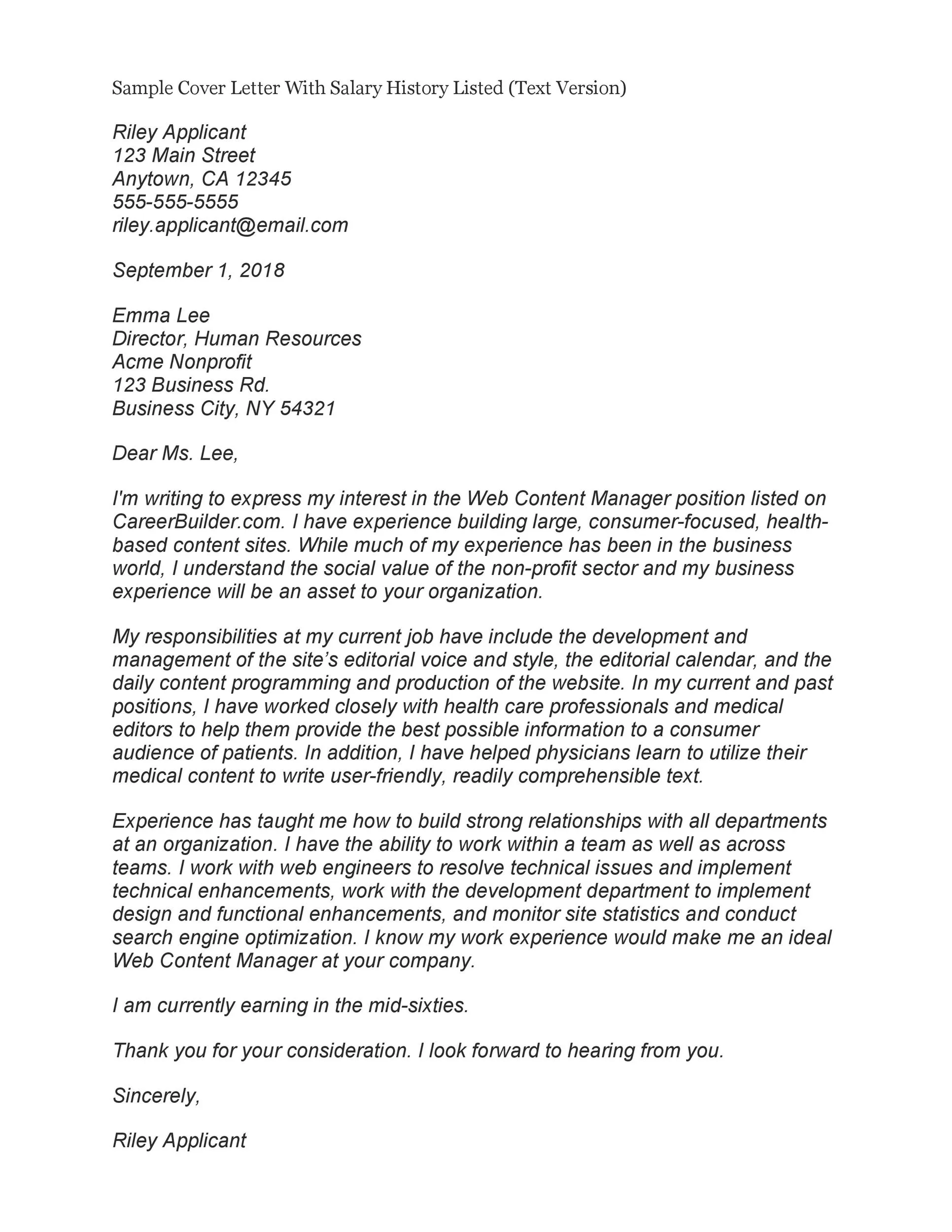
Carefully reading job descriptions can often provide hints about salary expectations, even when a specific range isn’t provided. Look for phrases like “competitive salary,” which suggests the employer is willing to offer a salary aligned with industry standards. Sometimes, a job description will provide a range for the position. If a salary range is listed, take note. It provides a clear indication of the company’s budget for the role. If the job description doesn’t provide a specific salary, look for clues such as the mention of benefits. A comprehensive benefits package can be a substitute for a higher base salary. Always compare your research to what’s written in the job description, tailoring your salary expectations accordingly.
Formatting Your Salary Expectations Section
The location of your salary expectations in your cover letter should be within a concise paragraph near the end, after you’ve discussed your qualifications and why you are a good fit for the role. Avoid including it at the very beginning, as this can seem presumptuous. Maintain a professional tone, and keep your statement clear, and direct. Avoid informal language or demands. Instead, state your expectation in a confident yet flexible manner. The overall format should integrate seamlessly within your cover letter. Avoid making it a standalone section. Integrate it naturally, as it complements the rest of the text, demonstrating your proactive approach to the role. Ensure that your cover letter is free of errors and easy to read.
Stating Your Salary Expectations Clearly
Clarity is paramount when stating your salary expectations. Provide a specific figure or a salary range, depending on the context. If the job description asks for a specific salary, provide a number that aligns with your research. If you are stating a range, make sure that the range is reasonable. It should accurately reflect the industry standards for the role, your qualifications, and experience. Avoid vague statements, such as “competitive salary,” as this does not provide the employer with the information they need. Be confident in your request and make sure you justify it with your skills and experience. This shows confidence, and demonstrates to the employer that you understand your worth. Avoid the use of any jargon or phrases that might make the employer confused about what you are requesting.
Providing a Salary Range
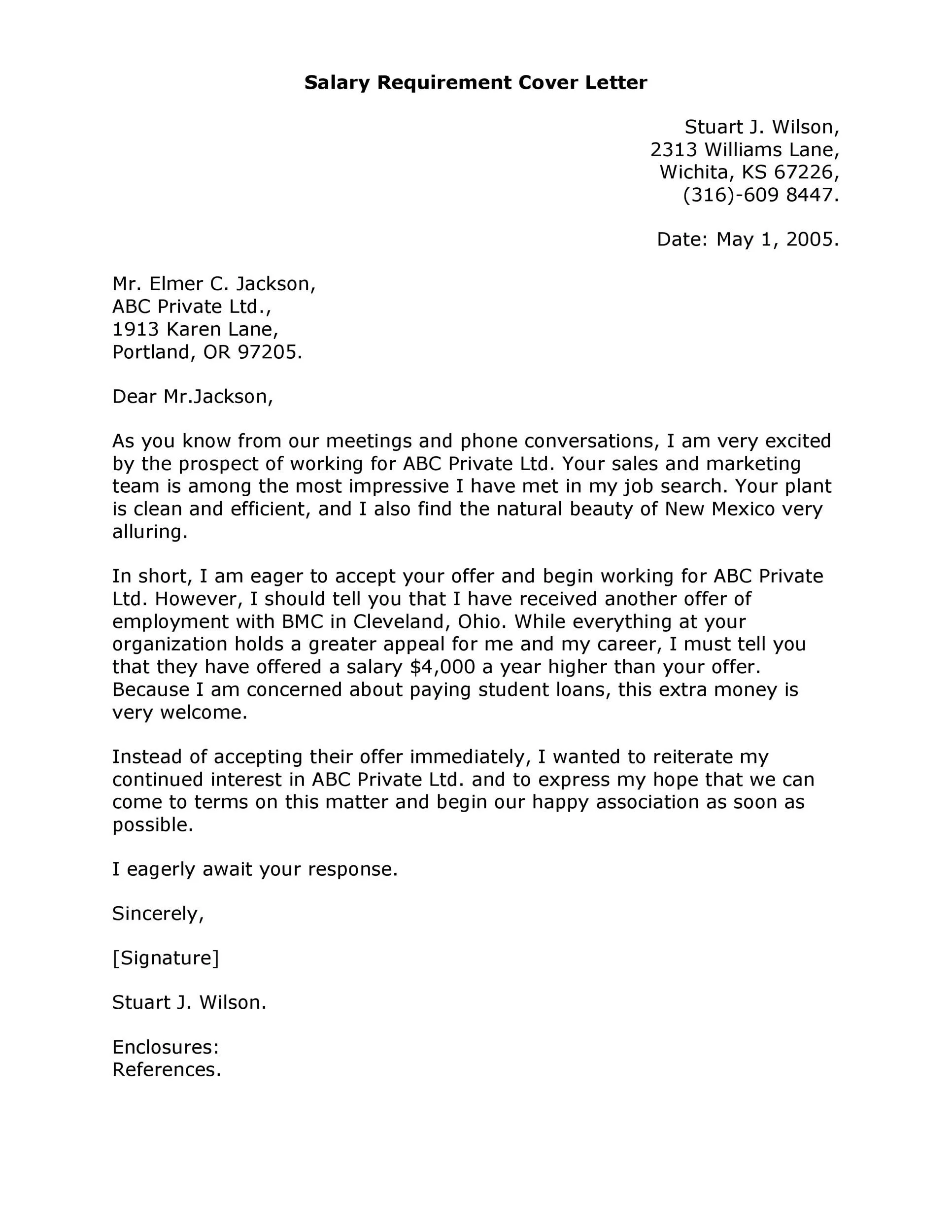
When providing a salary range, it is crucial to find a balance between being realistic and leaving room for negotiation. A narrow range is often more appropriate, as it demonstrates a clear understanding of your value. A range should reflect the industry standards and the level of experience. Consider offering a range that reflects your minimum acceptable salary and your ideal salary. The lower end of the range is the minimum salary that you are willing to accept. The higher end is the salary that you would ideally like to receive. Keep the range within a reasonable margin, typically 10% to 15%. This offers flexibility while still maintaining a focused approach to your compensation needs. Make sure that you can justify your range by mentioning your skills and experience.
Being Flexible with Your Expectations
Flexibility is a key component in salary negotiations. Be prepared to be adaptable, particularly in the initial stages of the application process. While it is important to have an understanding of your worth, you should also consider the overall package the company is offering. Benefits such as health insurance, paid time off, and professional development opportunities can often enhance the overall value of the job. Be prepared to discuss the total compensation package. When discussing your salary expectations, make sure you express your willingness to negotiate. This demonstrates professionalism and a willingness to reach a mutually beneficial agreement. Your flexibility should be balanced with a clear understanding of your value and market standards. Keep your focus on reaching a reasonable agreement, while maintaining your confidence.
Highlighting Your Value and Experience
When discussing salary expectations, it’s essential to tie them back to the value you bring to the company. Highlight your unique skills and experiences that align with the job requirements. Provide specific examples of your achievements. Quantify your accomplishments whenever possible. Instead of just listing your skills, describe how they have contributed to past successes. By demonstrating your accomplishments, you are showing why you deserve the salary you are requesting. This will help justify your salary expectations. Tie it back to the role, explaining how your experience will contribute to the company’s success. Be confident in your abilities, and focus on the tangible results you can bring. Emphasize the specific ways you can contribute to the company’s goals.
Showcasing Relevant Skills and Accomplishments
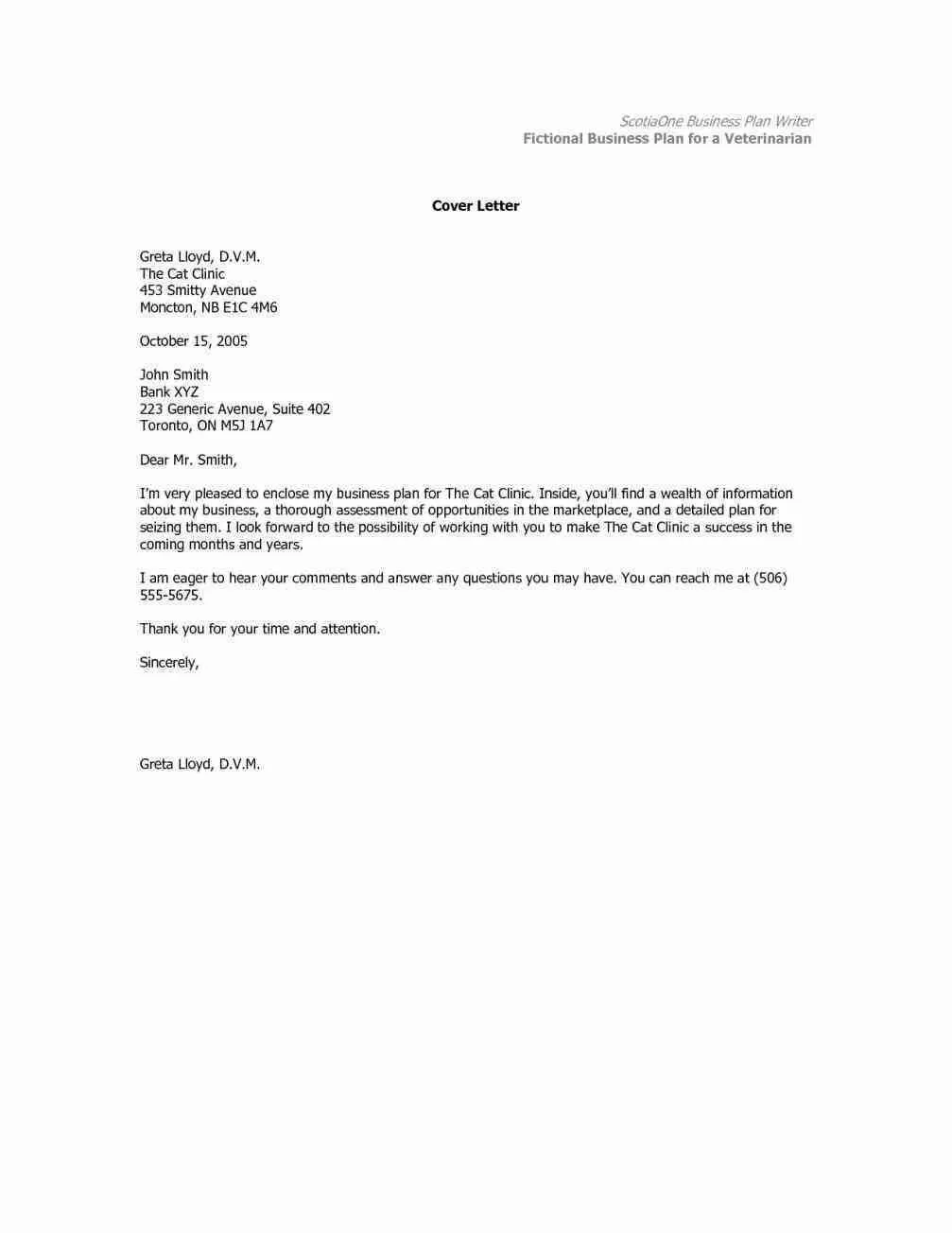
Showcasing relevant skills and accomplishments is a direct way to justify your salary expectations. Tailor your examples to the specific requirements of the job. Before you start, make sure you understand the requirements of the job. Then highlight the skills that directly align with the job description. Use action verbs to describe your responsibilities and achievements, and quantify your accomplishments whenever possible. By presenting tangible results, you can showcase the impact you had in previous roles. If possible, include data, metrics, and numbers to support your claims. If you are looking to make a career change, identify transferable skills and demonstrate how they apply to the new role. By clearly presenting these skills, you can demonstrate the value you will bring to the organization.
Emphasizing Your Contributions
Emphasizing your contributions is crucial to making a compelling case for your salary expectations. Explain how your skills and experience will benefit the company and contribute to its success. Offer specific examples of how you solved problems, increased efficiency, or exceeded expectations. Use data and metrics to quantify your impact. By quantifying your contributions, you show the employer the tangible benefits of hiring you. Be specific. Make sure you clearly explain how your skills and experience will address the company’s needs. Emphasize the value you will bring, and show how you can make a real difference. Tailor your cover letter and emphasize the areas where you will have the most significant impact.
Example Salary Expectation Statements
Here are several examples that showcase different approaches to stating your salary expectations. These examples will help you get a better idea of how to create a salary expectations statement that works for you. Always tailor the statement to the specific job and your own situation. You should always be honest and professional when stating your salary expectations. When providing a specific salary, you may write something like: “Based on my research and experience, I am seeking a salary of $X per year.” If you are providing a salary range, you can state something like: “I am seeking a salary in the range of $X to $Y, commensurate with experience and the role’s responsibilities.” If the job description does not ask for a salary, you can write: “I am open to discussing salary expectations during the interview process.” Remember to adapt these examples to your specific needs.
Positive and Effective Phrases to Use
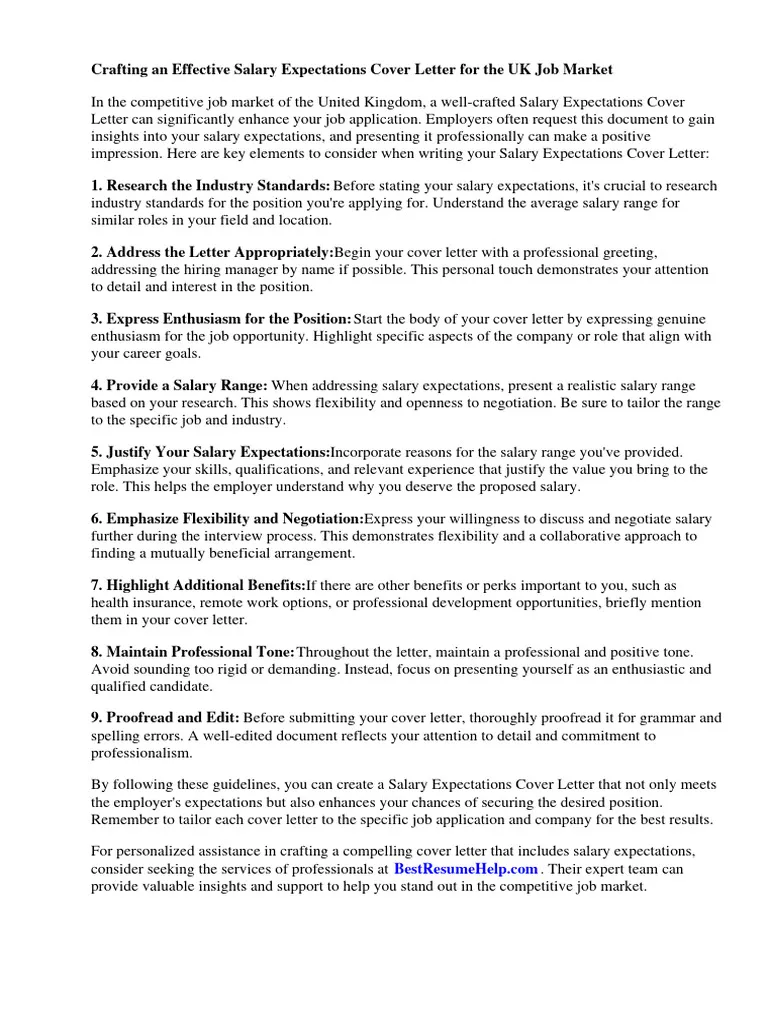
Using the right language when discussing your salary expectations is important to make a positive impression. Use phrases that express confidence and professionalism. Use phrases that showcase your value and skills. For example, instead of saying “I want,” you can say “I am seeking.” Another positive phrase is to state that you are “eager to discuss” your compensation. It will show the employer that you are open to negotiation. Focus on the value you bring. Instead of just listing your skills, emphasize your accomplishments. When possible, you can express your flexibility. You can indicate your openness to negotiation with a phrase such as, “I am open to discussion.” Focus on the overall value of the compensation package.
Phrases to Avoid in Your Cover Letter
Certain phrases can undermine your application. Make sure you know what to avoid. Refrain from using demands or ultimatums. Avoid phrases such as “I will not accept anything less than…” This can come across as unprofessional. Avoid being too vague. It is important to provide a clear idea of your financial expectations. Avoid making it all about your needs. Instead, tie it back to the value and skills you bring. Also, avoid using negative or overly aggressive language. Avoid phrases such as “I need” or “I deserve.” Always maintain a positive and professional tone. Before submitting your cover letter, reread it carefully to make sure that your tone is appropriate.
Reviewing and Refining Your Cover Letter
Before submitting your cover letter, take the time to review it thoroughly. Check for any grammatical errors, spelling mistakes, and formatting issues. Ensure that the language used is professional and well-written. Check that your salary expectation is aligned with the industry and your qualifications. Always ensure that your letter is clear and concise. Ensure the tone of your letter is appropriate for the job. Make sure your cover letter is free of errors. Read it multiple times to make sure. Review the job description to see that your cover letter addresses each point. Make sure you are satisfied with the presentation of your skills and qualifications. Revise your cover letter, and make any necessary changes. A well-written cover letter demonstrates your attention to detail.
Proofreading for Errors and Clarity
Proofreading is crucial for a polished cover letter. It is important to check for any errors in grammar, spelling, and punctuation. Use spell check and grammar check tools. Be sure that your formatting is consistent throughout. Read your cover letter slowly and carefully. It may be helpful to read it aloud. Proofread your cover letter multiple times to catch any errors. Ask someone else to review your cover letter, as a fresh set of eyes can often spot errors that you might miss. Check your cover letter for clarity. Ensure each point is clearly expressed and easy to understand. Make sure you proofread your cover letter before sending it to the employer.
Getting Feedback on Your Cover Letter
Getting feedback is a great way to improve the quality of your cover letter. You can ask career counselors, mentors, or trusted friends to review your cover letter. Ask them to provide honest and constructive criticism. You should ask if your qualifications are clearly presented, and if you are using the right language. Ask if they can identify any potential weaknesses. Be open to their feedback and use it to refine your cover letter. Their input can offer valuable insights into how your cover letter will be perceived. Always make sure to review and revise your cover letter after receiving feedback.
By following these guidelines, you can craft a salary expectations cover letter that increases your chances of success in the job search. Remember to research, be clear, and highlight your value to the prospective employer.
